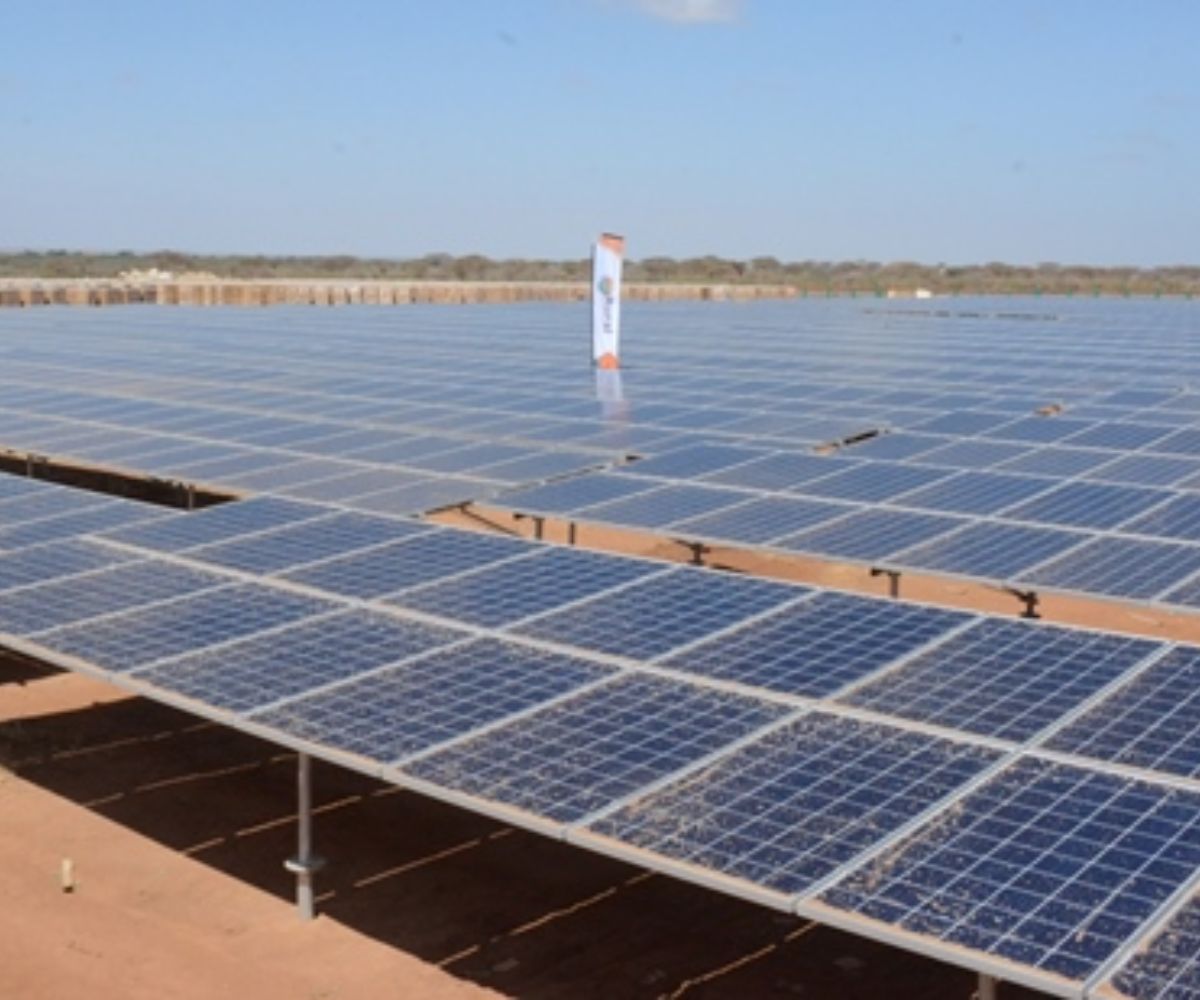Electrification of Public Facilities

The project implementation strategy of rural electrification in Kenya is intended to achieve the Government’s development strategy of realizing Vision 2030. The Government of Kenya’s primary goal as articulated in Vision 2030 is provision of a high quality of life to citizens by the year 2030 whereby electricity is identified as one of the critical factors of a high quality of life. The target of the Vision is to connect all public facilities and to ensure all Kenyans have access to electricity by the year 2030.
The main public facilities under implementation through this project are public secondary schools, trading centres and health centres. Others are public primary schools, polytechnics, administrative offices, churches, mosques, coffee factories and processing plants, police posts, tea buying centres and water projects. Electrification of public facilities is implemented through grid extension for public facilities within grid network and installation of solar PVs for facilities in off-grid areas. In terms of grid electrification, the network put in place has served as a backbone for connecting households in the vicinity of these public facilities.
Electrification of public facilities is still ongoing under the Rural Electrification and Renewable Energy Corporation, with the intention of achieving the Vision 2030 target of universal access by the year 2022.
Other Projects
-
 The 50 MW Garissa Solar Power PlantThe Garissa Solar Plant is the largest grid connected solar power plant in East & Central Africa. This is the first time that Kenya has developed a major solar power plant to harness its abundant solar energy resource to diversify the power generation mix and reduce energy costs. Currently this project is contributing about 2% of the national energy mix and has significantly led to a reduction of energy costs in the country thereby promoting the development of clean, reliable, sustainable and affordable electricity.
The 50 MW Garissa Solar Power PlantThe Garissa Solar Plant is the largest grid connected solar power plant in East & Central Africa. This is the first time that Kenya has developed a major solar power plant to harness its abundant solar energy resource to diversify the power generation mix and reduce energy costs. Currently this project is contributing about 2% of the national energy mix and has significantly led to a reduction of energy costs in the country thereby promoting the development of clean, reliable, sustainable and affordable electricity. -
 Electrification of Primary SchoolsDuring the financial years (2013/14, 2014/15 and 2015/16) the focus of rural electrification was on electrification of public primary schools in support of the Government’s Digital Learning Programme. This has been implemented through grid extension in schools within grid network and installation of solar PVs in schools in off-grid areas. The programme is not only intended to improve education standards but also to enhance electricity access across the country. Since primary schools are in every corner of the country, the network put in place has served as a backbone for connecting households in the vicinity of these primary schools. Electrification of Public Primary schools is still ongoing under the Rural Electrification and Renewable Energy Corporation.
Electrification of Primary SchoolsDuring the financial years (2013/14, 2014/15 and 2015/16) the focus of rural electrification was on electrification of public primary schools in support of the Government’s Digital Learning Programme. This has been implemented through grid extension in schools within grid network and installation of solar PVs in schools in off-grid areas. The programme is not only intended to improve education standards but also to enhance electricity access across the country. Since primary schools are in every corner of the country, the network put in place has served as a backbone for connecting households in the vicinity of these primary schools. Electrification of Public Primary schools is still ongoing under the Rural Electrification and Renewable Energy Corporation. -
 Transformer MaximizationThe aim of the transformer maximization project is to enhance electricity access and connectivity in areas with large populations that had not been previously not been reached due to the 600 metres radius transformer limitation. The project involves installation extension transformers per constituency in the grid areas where HT lines have previously been implemented. The Rural Electrification & Renewable Energy Corporation is working in consultation with the communities to identify priority areas per constituency for implementation of this project. The transformer maximization project is expected to open up the rural areas through supply of essential power for economic activities, facilitation of business opportunities and enhanced security. It will also expected to fast-track the connection of households that are 600 metres away from the grid.
Transformer MaximizationThe aim of the transformer maximization project is to enhance electricity access and connectivity in areas with large populations that had not been previously not been reached due to the 600 metres radius transformer limitation. The project involves installation extension transformers per constituency in the grid areas where HT lines have previously been implemented. The Rural Electrification & Renewable Energy Corporation is working in consultation with the communities to identify priority areas per constituency for implementation of this project. The transformer maximization project is expected to open up the rural areas through supply of essential power for economic activities, facilitation of business opportunities and enhanced security. It will also expected to fast-track the connection of households that are 600 metres away from the grid.
